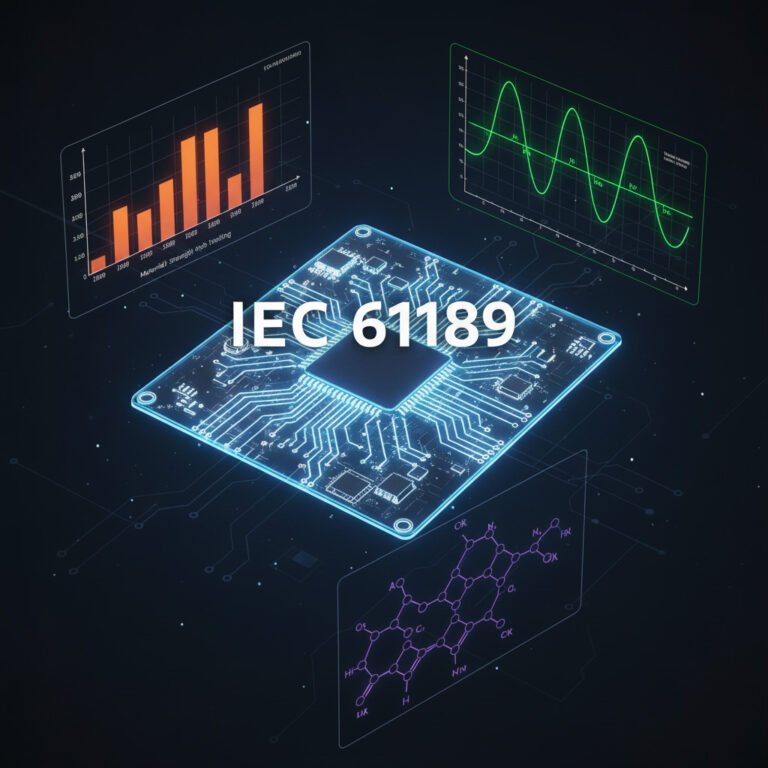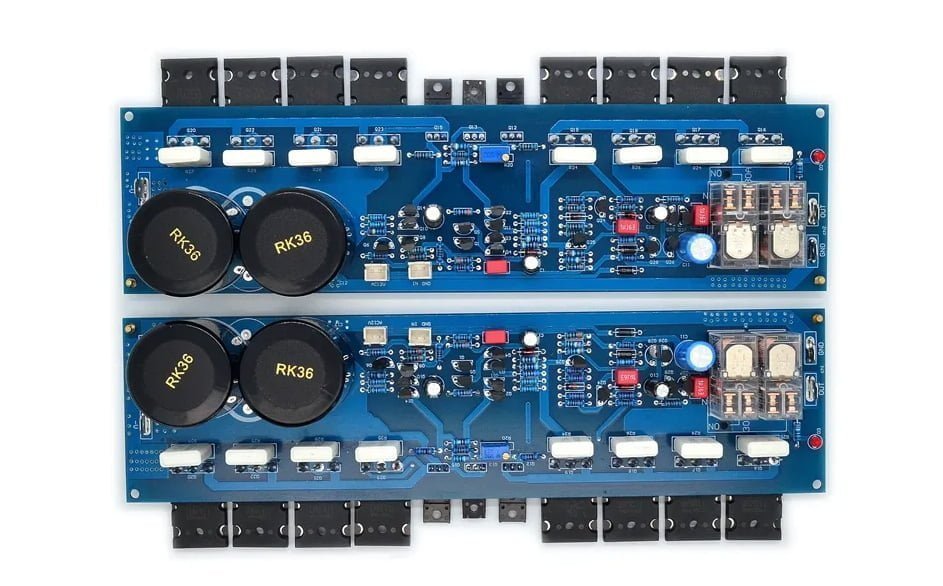Your interactive reference for test methods on materials for printed boards and electronic assemblies.
Part Navigator: Scope & Focus
Click any part below to view its specific focus within the standard. This helps define which test methods are relevant to your component or process.
Standard Overview
IEC 61189 is the foundational international standard outlining test methods for electrical materials, PCBs (Printed Circuit Boards), and assembled electronics. It ensures reliability, quality control, and comparability across different manufacturing processes globally.
- Key Focus: Defining uniform, reproducible test procedures for all stages of electronic manufacturing.
- Current Revision: 2024 (various parts updated at different times).
Select a Core Test Method
Explore the technical details and purpose of the most critical reliability tests covered by the standard.
Surface Insulation Resistance (SIR)
Relevant to Part -5 and Part -3
The SIR test is a critical measure of the long-term reliability of electronic assemblies, specifically assessing the cleanliness and insulation properties of the materials and flux residues left after soldering. It measures the resistance between two adjacent conductors under controlled temperature and humidity conditions.
Conceptual Diagram: SIR Test Pattern
Global Impact Metrics
6+
Primary Parts
50+
Defined Test Methods
1996
Initial Publication
Global
Adoption Rate
Industry Adoption of IEC 61189
The rigor of testing required correlates directly with industry risk and regulatory environment.






